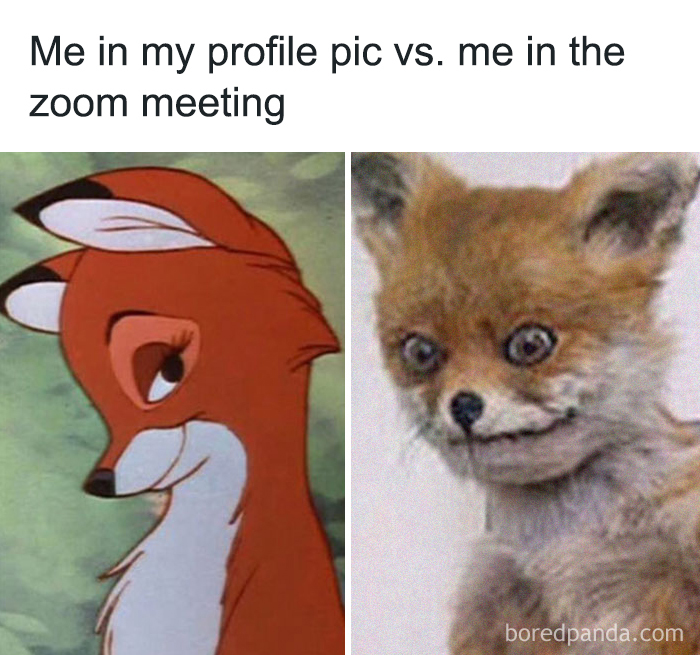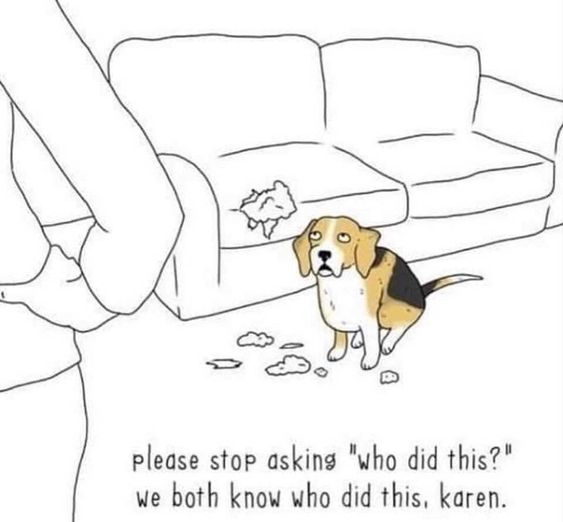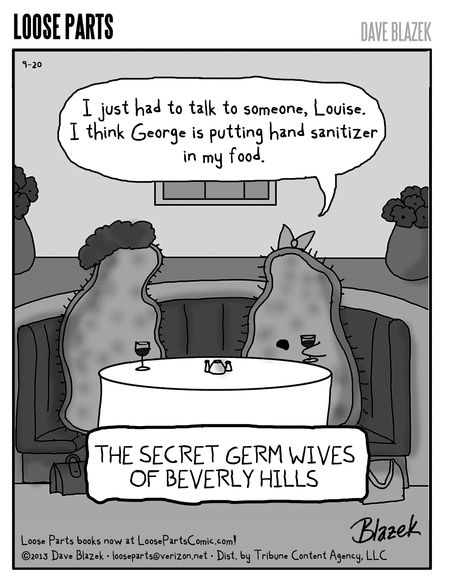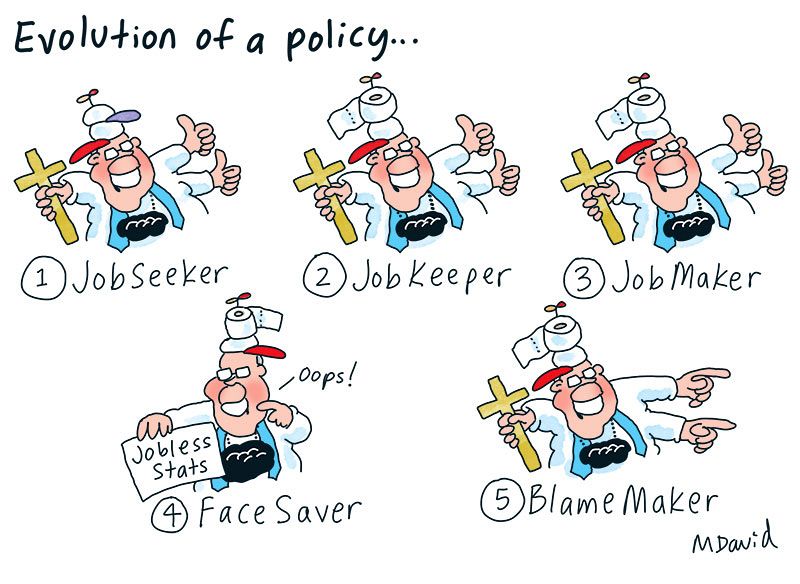The wild ride that is the coronacoaster continues to thunder along, generating a snappy new glossary as it goes. I hear Sicktorians are beginning to refer to it as the Dandemic. Boom boom.
One of my old Uni friends talks of zoomology – the study of the practice and correct use of Zoom. Being of a certain generation – a babyzoomer? – he’s come to need the services of a zoomologist: that’s the offscreen child/partner/housemate yelled at to come and show them how to find the meeting, enter the password, turn on the mike and adjust the camera so it’s not pointing up their nose.

A highly specialised field, zoomology. They’ll be offering it at Adult Ed soon. A qualified zoomologist will also be able to teach the following skills: how to mute yourself when co-zoomers complain about your amplified eating, how to get back in when you accidentally dump yourself from the meeting, and how to exit gracefully when it’s over without cutting yourself off in mid-sentence. Zoomology will be the all-purpose generic term, even for those using Microsoft Teams or Google Teams, because you can’t just go adding ology to any old phrase. It would sound clumsy, even for an education bureaucrat.
I’ve heard tell of the practice of zumping, or dumping someone via Zoom. Haven’t had any firsthand reports, but I like the way it echoes the older, non-virus-related but also reprehensible practice of gazumping.
And there’s now morona, a specifically female covidiot. We might well have applied this term to the woman who made a scene when the staff at Bunnings refused her entry without a mask, but then came the big revelation that such women are known as Karens: annoying middle-class white women who think the rules don’t apply to them and who demand to speak to the manager.

We have our own home-grown Tasmanian Karen now – the woman who kicked up a stink when she was caught not staying in hotel quarantine after coming over from Melbourne on the ferry.
(This interesting linguistic sub-category – names that have become a byword for some undesirable or unenviable character trait – will be further explored in a future column.)
The process of refreshing existing words and phrases continues apace. A bubble is now something you can travel inside, uncontaminated by the poxy air of a hotspot. Such places – often whole suburbs and now a whole state, sadly – are also subject to ring-fencing, and avoided, if you’ll forgive my use of an old cliché and a tasteless joke, like the plague.
The petri dish, previously only vaguely remembered from high school science, suddenly reappeared in two new varieties: the floating petri dish, or cruise ship, and the vertical petri dish, or high-density high-rise flats.

The economic chaos of the pandemic has generated a slew of new words starting with ‘job’. First came Jobkeeper – the government money that keeps workers on the payroll and off the dole, and then came Jobseeker, which is the new word for the dole itself.
Then the jobwords started proliferating like – well, like coronavirus on a cruise ship. In May we got Jobmaker – the plan to reignite the Australian economy after the plague has run its course, and last month came Jobtrainer – more money for, um, job training.

Naturally this jobword surge has proved irresistible to mischief-makers like South Australian senator Rex Patrick, who coined Jobsavings – the money Australian taxpayers would save if politicians took a wage cut for every day they didn’t sit in Parliament. It hasn’t been followed up.
On a more serious note, the coronavirus pandemic is ‘the jobkiller of the century’, according to Fiji’s Prime Minister, as he watches Pacific island economies collapse from travel shutdowns.
Finally, I hate to be picky and pedantic, and I know this horse has well and truly bolted, but we are using the wrong word for the place where a viral outbreak or cluster originates. It’s not the epicentre. That’s a term used in geology to denote the spot on the earth’s surface directly above the place where an earthquake originated, which is actually the focus. So when we talk about the epicentre of an outbreak, we’re talking about a spot floating in the air above where the outbreak started. At least, that’s the vision that always comes to my mind. But then, I’m a picky pedant. And I lied about hating to be that way. Actually I love it.
This column appeared in the latest edition (August 14) of The New Norfolk News.

